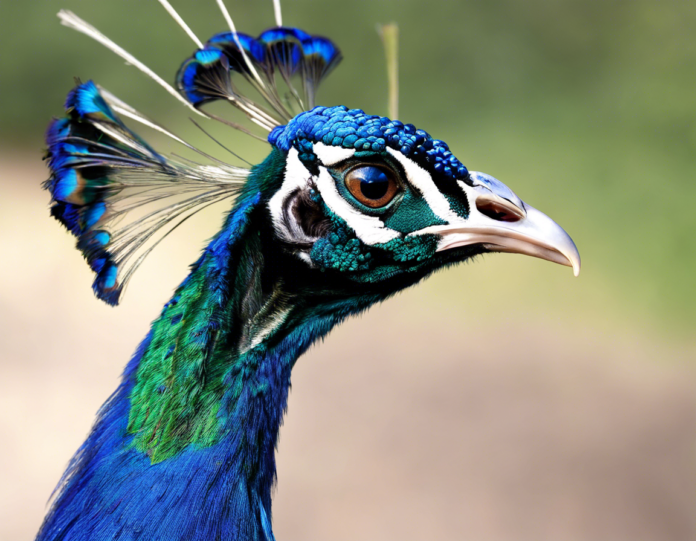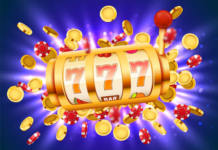Peacocks are renowned for their stunning feathers and majestic appearance. These colorful birds are a sight to behold, especially when they spread their vibrant tail feathers in a display of beauty. However, have you ever wondered what these magnificent creatures eat to maintain their health and beauty? In this comprehensive guide, we will delve into the peacock diet – what do peacocks eat?
What Do Peacocks Eat in the Wild?
In the wild, peacocks are omnivores, which means they consume both plant and animal matter. Their diet primarily consists of seeds, fruits, insects, insects, small mammals, reptiles, and amphibians. Peacocks are known to forage on the ground for their food, pecking at various items to satisfy their nutritional needs.
A Balanced Diet for Pet Peacocks
For those who keep peacocks as pets, it is essential to provide them with a balanced diet to ensure their health and well-being. A well-rounded diet for pet peacocks may consist of the following:
1. Commercial Peafowl Feed
One of the simplest ways to ensure your pet peacock gets the necessary nutrition is by providing them with commercial peafowl feed. These feeds are formulated to meet the specific dietary requirements of peacocks and usually contain a blend of grains, seeds, and vitamins.
2. Fruits and Vegetables
In addition to peafowl feed, it is beneficial to supplement your pet peacock’s diet with fresh fruits and vegetables. Peacocks enjoy a variety of produce such as leafy greens, berries, apples, and carrots. These foods provide essential vitamins and minerals to support their overall health.
3. Protein Sources
Peacocks require protein in their diet to maintain muscle mass and support various bodily functions. You can offer protein sources such as mealworms, crickets, and small fish to fulfill this dietary need. Additionally, boiled eggs can be given as a protein-rich treat.
4. Grit and Calcium Supplements
Peacocks, like other birds, require grit to aid in the digestion of their food. Providing access to small rocks or specialized poultry grit can help peacocks break down seeds and grains in their digestive system. Calcium supplements or crushed oyster shells may also be necessary to support bone health and egg production in breeding females.
Frequently Asked Questions (FAQs) about Peacock Diet
1. Can peacocks eat bread?
While peacocks may enjoy bread as an occasional treat, it should not be a staple in their diet. Bread offers little nutritional value and can lead to obesity and health issues if consumed in excess.
2. Do peacocks eat snakes?
Peacocks are opportunistic feeders and may consume small snakes if they come across them. However, snakes are not a primary part of their diet, and peacocks mainly feed on insects, seeds, and vegetation.
3. How much should I feed my pet peacock?
The amount of food required for a pet peacock can vary based on factors such as age, size, activity level, and overall health. It is recommended to follow feeding guidelines provided by avian veterinarians or pet nutrition experts.
4. Can peacocks eat rice?
Cooked rice can be given to peacocks in moderation as part of their diet. However, it should not replace essential nutrients provided by a balanced peafowl feed and other fresh foods.
5. Do peacocks need access to water?
Yes, peacocks require access to fresh, clean water at all times. Water is essential for hydration, digestion, and overall well-being in peacocks.
In conclusion, understanding the dietary needs of peacocks is crucial for ensuring their health and vitality, whether they roam in the wild or are kept as pets. By providing a balanced diet that includes commercial peafowl feed, fruits, vegetables, protein sources, grit, and calcium supplements, you can support the nutritional requirements of these magnificent birds. Observe your peacocks’ eating habits and behavior to tailor their diet accordingly and consult with avian specialists for any specific dietary concerns. A well-nourished peacock is not only a sight to behold but also a healthy and happy companion.









